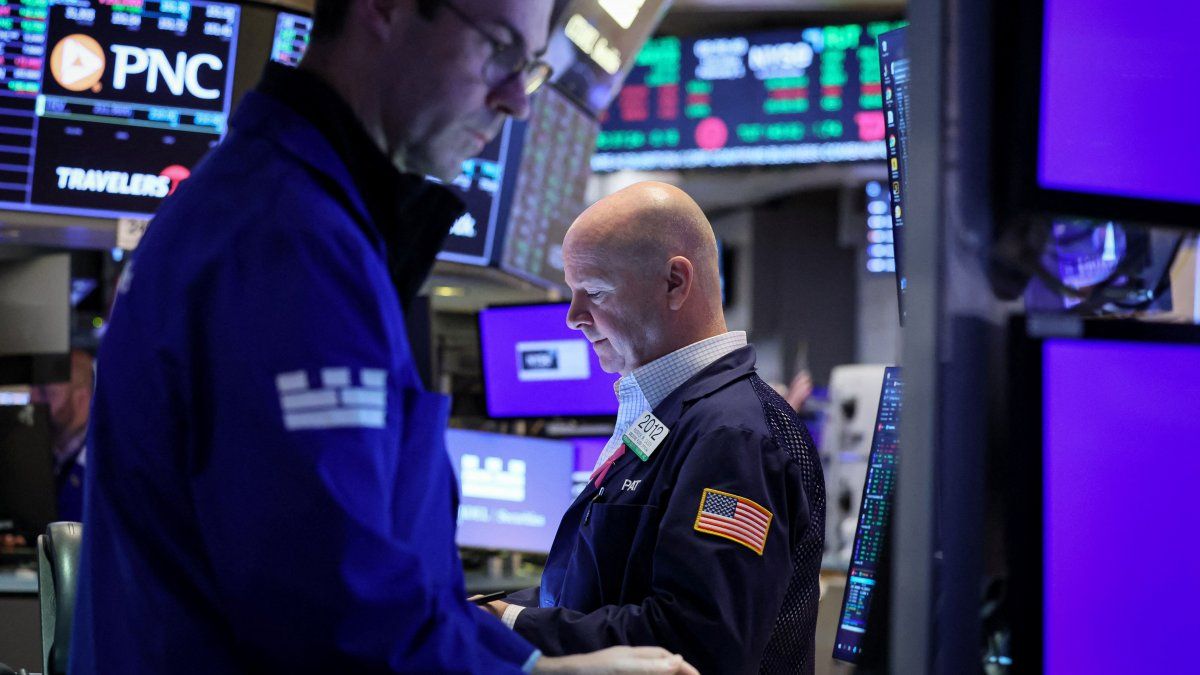The world stock markets were headed for their worst month since September on Friday, although futures markets believe that strong results from technology companies will trigger a relief rally in Wall Street later in the day and will help traders recover some losses.
He and in was volatile, hitting a new 34-year low after the Bank of Japan kept monetary policy loose at its last meeting, rising briefly as traders speculated that Japanese authorities might intervene, before falling again.
MSCI’s world stock index lost 3.4% on the month, although it gained 0.2% on the session.
Global equities have faltered this month as market hopes for a quick cut in interest rates from the Federal Reserve this year faded following a series of higher-than-expected U.S. inflation readings.
Even so, the contracts that bet on the Nasdaq 100, with great technological weight on Wall Street, rose almost 1%, while those of the benchmark S&P 500 gained 0.8% after the profits of Alphabet and Microsoft exceeded the estimates.
These moves came ahead of Friday’s release of new data on U.S. core personal consumption spending, the Fed’s preferred measure of inflation, which could further dispel rate cut hopes and strengthen the dollar.
In a wild session, the yen weakened to 156.82 per dollar, suddenly rebounded to 154.97, then retreated again.
The Bank of Japan kept rates around zero at its policy meeting that ended Friday, despite forecasting inflation around 2% for three years. Markets are on alert in case Tokyo authorities intervene to prop up the currency, in what would be an unconventional and politically harsh decision.
According to Luca Paolini of Pictet Asset Management, the yen is trading 40% below its fair value. “We underestimate the potential for something to go very wrong when you have a currency that is totally out of alignment with the (economic) fundamentals. The sooner rates rise, the better,” he said.
The two-year U.S. Treasury yield, which reflects expectations for short-term rates, was around 5%. The return on the benchmark 10-year debt fell 2 basis points to 4.706%, still well above its level of below 4.1% at the beginning of March.
The pan-European STOXX 600 index rose 0.7%, although it is still on track for a monthly decline of 1.4%.
The euro last traded at $1.072, down 0.6% against the greenback this month.
On the other hand, Asian values excluding Japan added 0.8%, the Tokyo Topix gained 0.9% and Brent crude advanced 0.6%, to $89.53 a barrel.
Source: Ambito
I am a 24-year-old writer and journalist who has been working in the news industry for the past two years. I write primarily about market news, so if you’re looking for insights into what’s going on in the stock market or economic indicators, you’ve come to the right place. I also dabble in writing articles on lifestyle trends and pop culture news.




